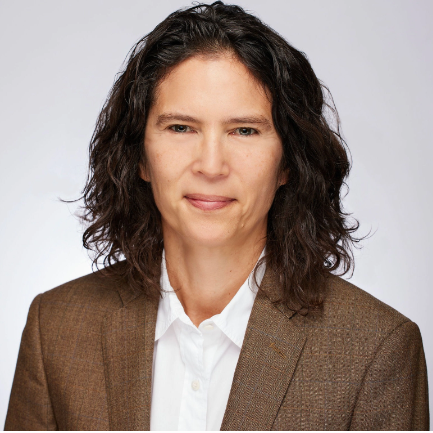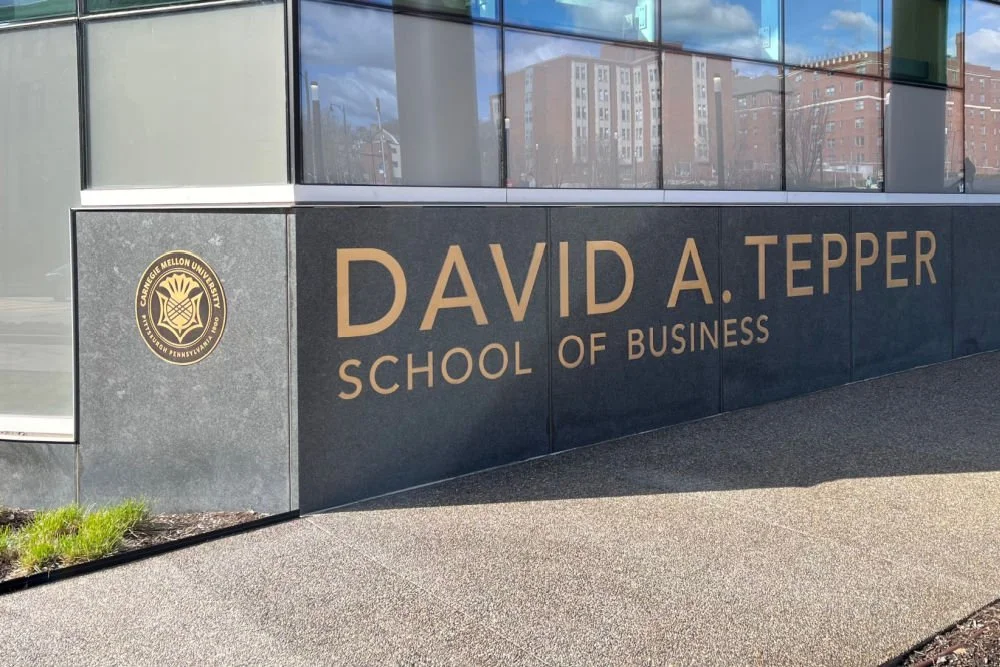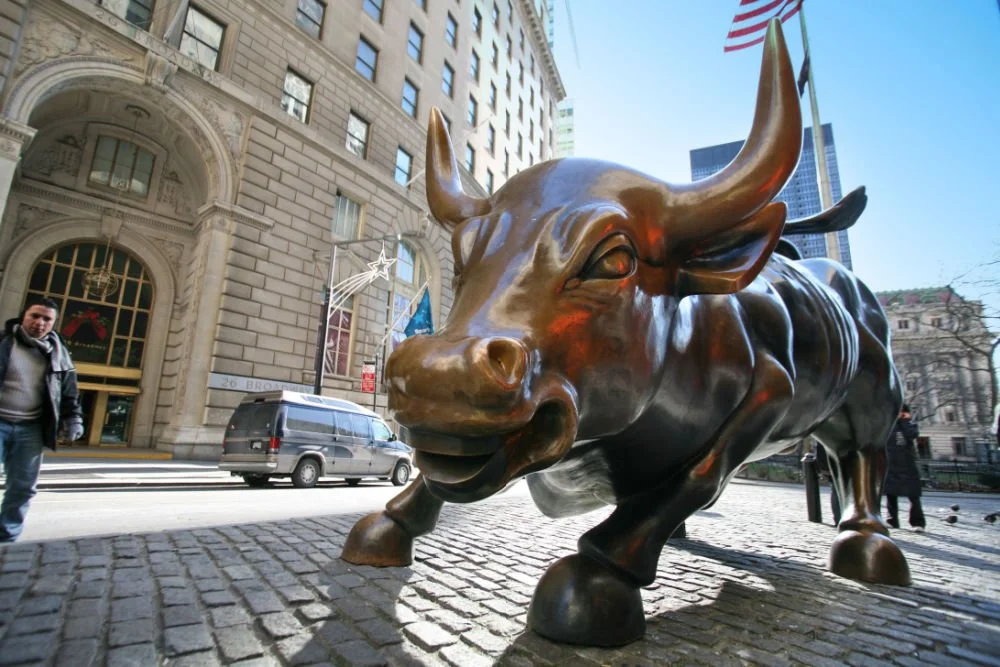Brave New World: A Tech Couple's Gift to Explore the "Future of Work"
/A car assembly line. photo: xieyuliang/photo
In our 2017 Philanthropy Forecast, we predicted that donors would step up and address growing fears surrounding widespread automation.
It was a reasonable expectation. Since the tech industry is helping usher in the job-eliminating automation, one would suspect that some of its leaders would consider how to deal with the societal fallout, right?
Not exactly.
Despite Paul Allen's latest AI give and burgeoning funder interest in "AI watchdogs" and universal basic income, the gains here have been relatively modest. Most funders, even those in the workforce and tech fields, have yet to tune into the issue of automation in a meaningful way. This should be a cause for alarm since, if we're to believe the experts, automation threatens to fundamentally and irrevocably alter the fabric of human society itself.
All of which makes news out of Pittsburgh so intriguing (and hopefully portentous).
Keith Block, vice chairman, president and COO of Salesforce, and his wife, Suzanne Kelley, VP of operations & PMO, global business units at Oracle Corporation, made the lead $15 million gift to establish the Block Center for Technology and Society at Carnegie Mellon University's Heinz College of Information Systems and Public Policy.
With an initial focus on "the future of work," the Block Center's mission is to ensure that advanced technology has "positive benefits for all members of the global community." As such, it will examine the "impact of technology on the ways in which workers at all skill levels will make their living in the 21st century."
"Foreseeing and addressing the challenges posed by the rapidly increasing role of technology in our lives is a critical focus of our work here at Carnegie Mellon," said Farnam Jahanian, interim president.
Block is a member of the university's Board of Trustees, earned a master's of science degree in Management and Policy Analysis and a bachelor's of science degree in Information Systems from Carnegie Mellon in 1984. He is a longtime member of the Heinz College Dean's Advisory Board and established the Keith Block Entrepreneurship Fund to promote entrepreneurship among Heinz College students.
Salesforce, of course, is the ubiquitous cloud computing juggernaut with a growing corporate philanthropic footprint. Automation is central to its suite of predictive customer relationship management products. It helps companies "streamline" their operations.
I mention this because while the benign term "the future of work" was included in the school's press release, the word "automation" was not—and rightly so. The word does not inspire much confidence.
A recent report by McKinsey Global Institute claims that as many as 800 million jobs—and 73 million in the U.S. alone—could be lost worldwide to automation. Another study by PwC estimated that as many as 38 percent of jobs in the U.S. could be "susceptible to automation by robots and AI" by the early 2030s.
Not everyone is entirely fatalistic about the future. Google's Eric Schmidt argues that while some jobs are undeniably being lost to automation, more jobs will ultimately be created to replace them as a result of technological advancements. (Then again, it behooves Schmidt, who works for what is perhaps biggest automation proponent of them all, to be less-than-fatalistic.)
Bottom line, here? At the end of the day, most analysts seem to agree that widespread automation will be a net loss for the average worker—and that this pain is already being felt. Many point out, for example, that automation is a better explanation for the loss of well-paying manufacturing jobs than global trade. And signs abound of other kinds of jobs being wiped out, including in areas like retail that have been a bastion of low-wage work. (Used a self-checkout machine lately?) Even lawyers have lost work as new technology has automated the discovery process of going through myriad pages of documents. But all these changes so far may look like a tea party compared to what's in store in the next 30 years.
While it's not clear what philanthropy can do about such a seismic trend, one question is this: Will the techno-alarmists back up their concerns with the money, programs and infrastructure necessary to explore—and see how society might mitigate—the potentially catastrophic effects of automation?
Time will tell, but in the interim, the Blocks' gift to CMU to explore "the future of work" is an important sign that at least some donors are paying attention.







































